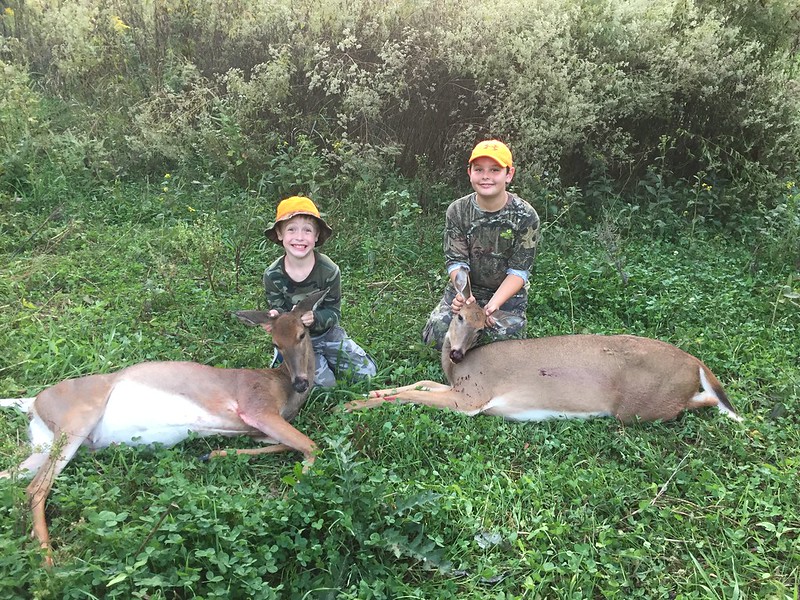VAspeedgoat
Well-known member
How do you figure it's antagonistic? I think we may be talking different things. The crop oil I speak of has been used for years to reduce glyphosate rates. Unfortunately I also think it has helped lead to resistance. Tryclopyr is great and may be the solution here. Just make sure it's not in a mix like "crossbow" or we're back to a delayed plant back time like 24-D. Remedy ultra is a marketed brand name. Obviously you know that but I added that for others reading this.Crop oil is antagonistic to round up, tryclopyr great on woody vegetation






 Untitled
Untitled